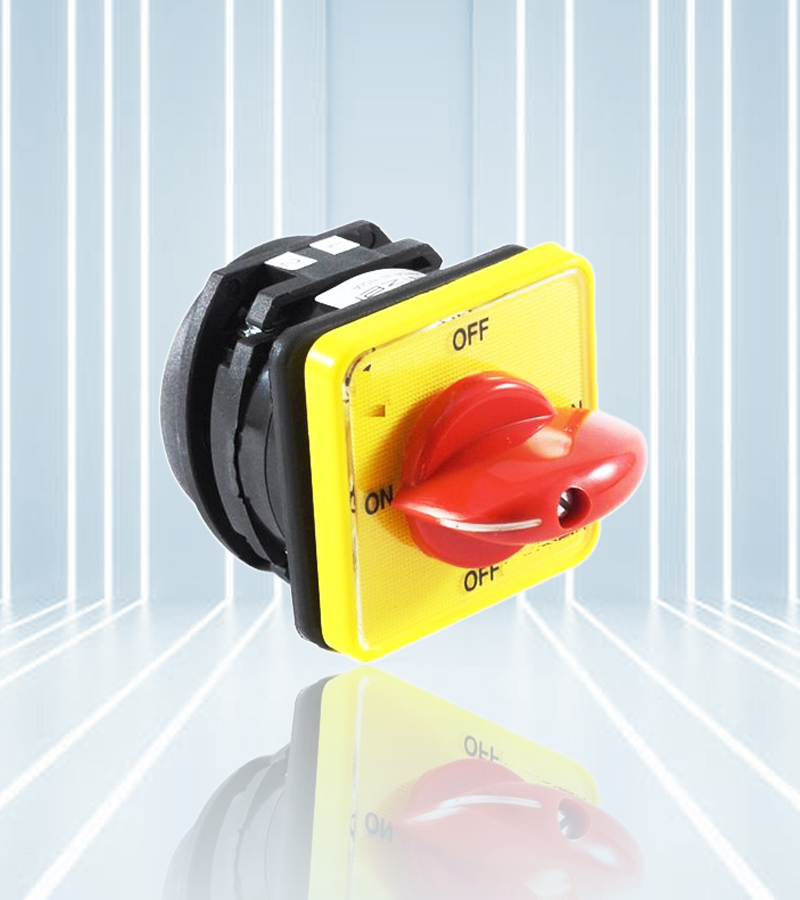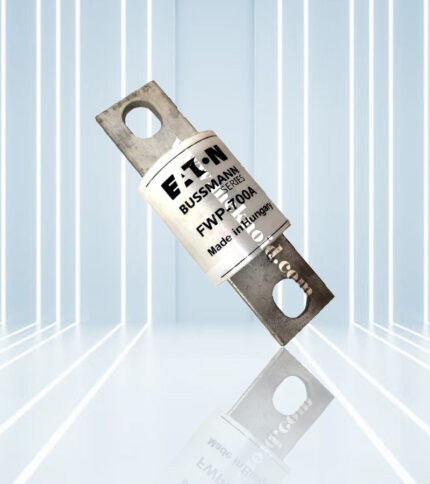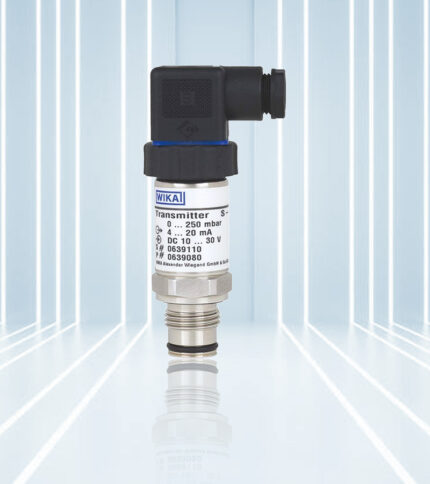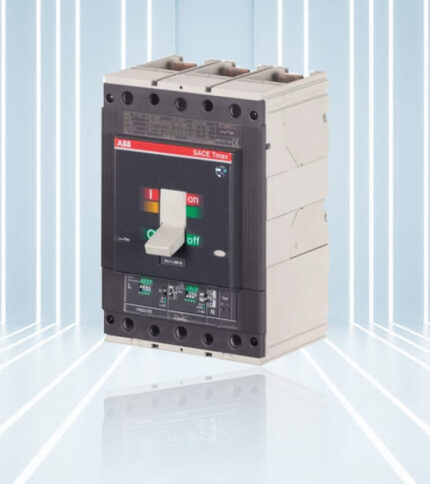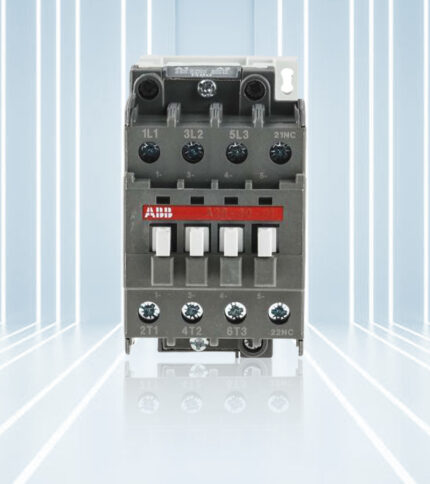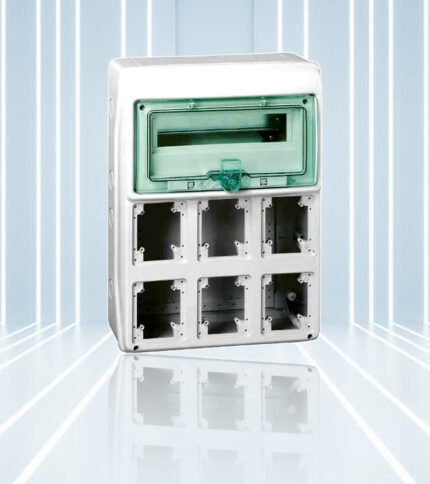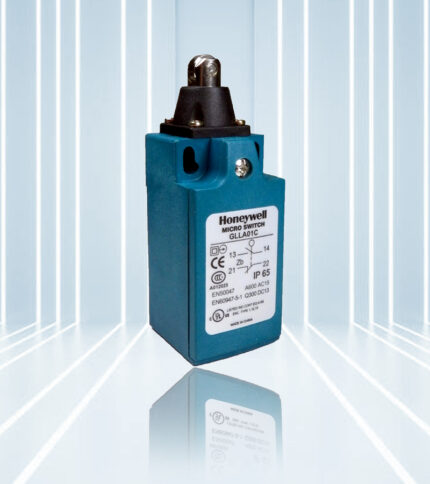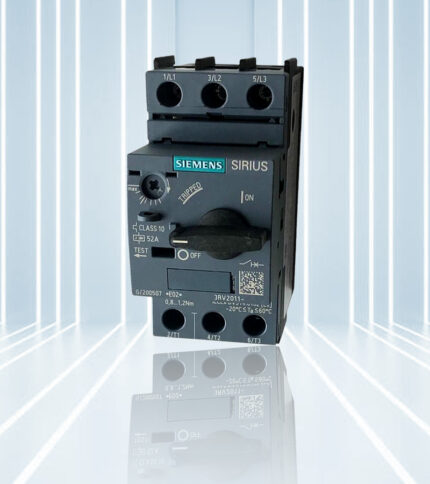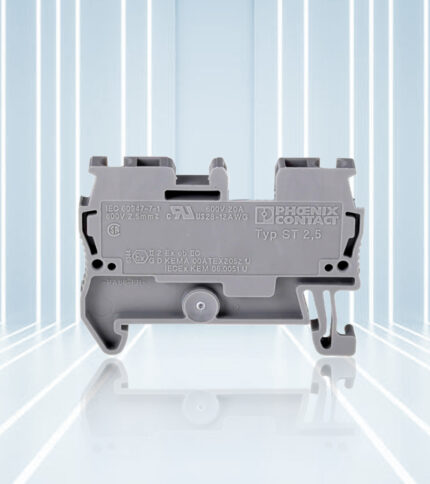Description
Rotary Switches are essential electromechanical devices used for selecting between multiple electrical circuits or functions by rotating a knob or lever to the desired position. These switches offer a compact and intuitive interface for controlling various equipment and systems in industrial, commercial, and consumer applications. The operation of Rotary Switches involves a rotary mechanism that connects or disconnects electrical contacts based on the switch’s position. They typically feature multiple poles and positions, allowing for a range of switching configurations to accommodate different circuit requirements.
One of the key advantages of Rotary Switches is their simplicity and reliability. They are designed with robust construction and quality materials to ensure long-term durability and dependable performance in demanding environments. Rotary Switches offer several features that enhance their functionality and usability, including tactile feedback, position locking mechanisms, and ergonomic knob designs for comfortable and intuitive operation. Some switches may also incorporate visual indicators such as markings or illuminated elements to indicate the current switch position. With their versatility and flexibility, Rotary Switches find applications in various industries and systems, including control panels, instrumentation, audio equipment, lighting systems, and machinery. Whether you need to select between different power sources, switch device functions, or adjust system settings, our Rotary Switches provide the reliability, durability, and performance you need to optimize your control processes with ease.
Benefits
- Versatility: Rotary switches offer versatility in selecting between multiple electrical circuits or functions, making them suitable for a wide range of applications across different industries.
- Ease of Use: These switches feature a simple and intuitive rotary design, providing ease of operation and tactile feedback, allowing users to quickly and precisely select the desired circuit or function.
- Compact Design: Rotary switches are compact in size, making them space-efficient and suitable for installation in control panels, equipment, and devices where space is limited.
- Reliability: With their robust construction and durable materials, rotary switches offer reliability and long-term performance, ensuring consistent switching operation even in harsh environments.
- Customization: Some rotary switches allow for customization of the number of poles, positions, and switch configurations, providing flexibility to meet specific application requirements.
Technology
- Contact Mechanism: Rotary switches utilize various contact mechanisms such as blade contacts, wiper contacts, or cam-operated contacts to establish electrical connections between the switch terminals.
- Rotary Mechanism: These switches feature a rotary mechanism that rotates a knob or lever to select between different switch positions, engaging or disengaging the electrical contacts accordingly.
- Stop Mechanism: Rotary switches may incorporate a stop mechanism that prevents the knob or lever from rotating beyond the defined positions, ensuring accurate switching and preventing accidental damage.
- Insulation Materials: Rotary switches are constructed from high-quality insulating materials such as ceramics, thermoplastics, or phenolics, providing electrical insulation and protection against arcing and short circuits.
- Terminal Types: Rotary switches support various terminal types, including solder terminals, screw terminals, or quick-connect terminals, allowing for easy and secure connection of wires and cables.
Reliability
- Durability: Rotary switches are built to withstand mechanical wear and tear, offering durability and longevity in continuous switching operations.
- Stability: These switches provide stable electrical connections with minimal contact resistance, ensuring reliable performance and consistent signal transmission over time.
- Corrosion Resistance: Rotary switches are resistant to corrosion and oxidation, even in harsh industrial environments or outdoor applications, ensuring reliable operation in challenging conditions.
- Temperature Tolerance: Rotary switches are designed to withstand a wide range of temperatures, maintaining stable performance and functionality in both high and low temperature environments.
- Vibration Resistance: Rotary switches feature secure mounting and sturdy construction, offering resistance to vibration and mechanical stress, preventing accidental switch movements and ensuring reliable operation.


